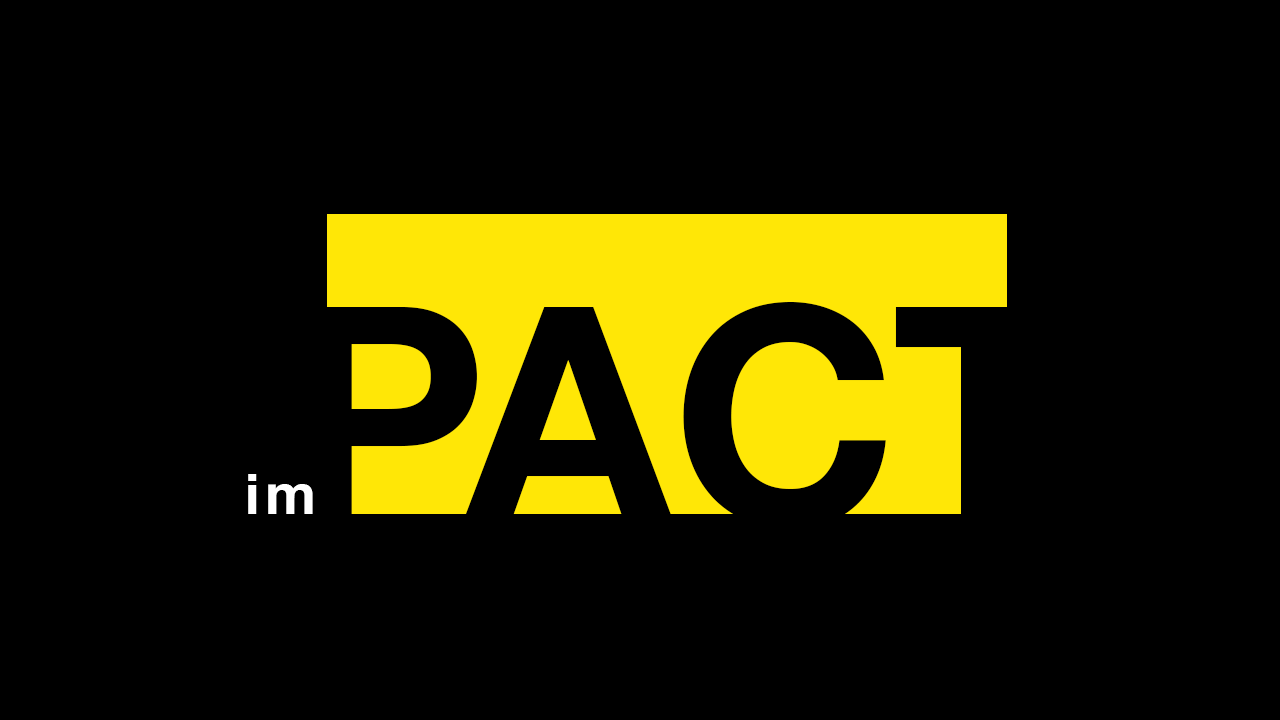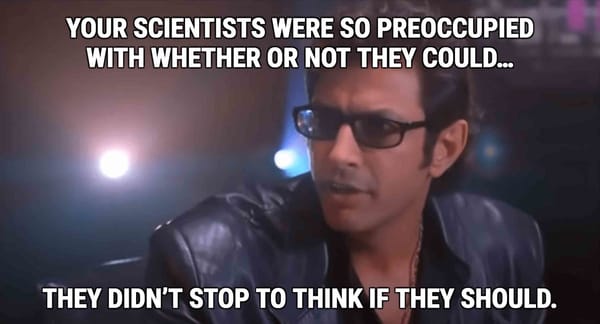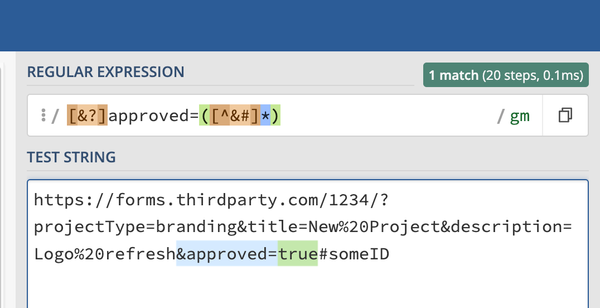How to scale your impact at work

There's only so much time in a day, so much energy you have to expend at work, so much influence you will have on coworkers. We often hear Corporate say idiotic things like, "Do more with less," and we can be tempted to think along the same lines with our impact at work. How can I stretch to the breaking point, but not beyond it? How can I do more than everyone else so I can stand out?
This kind of thinking isn't going to get you too far, and even if it does, you'll likely have rougher hurdles to deal with at some point when the stress and overwork catches up to you. What to do instead?
Do more with what you have.
There are a couple of high-impact skills that I have seen scale my impact at my various jobs. Of course, there are no guarantees, but these should help you get on the right track in leaving your mark.
- Communication
- Curiosity
- Teaching
Communication
Have you ever noticed the difference in the way C-Suite executives send emails or chat messages, compared to your own? Misspellings and faux-pas aside, C-level execs usually run on the short side of their messages. They get right to the point, keeping everything snappy. This is usually a product of time constraints for their busy work lives, but we can learn something from it.
Clear communication cuts the fat and makes sure everyone knows what your email or message is for. You may be asking for someone to do something—is that action right at the top and clearly called out to that single individual? Or is it buried in lengthy paragraphs and sent to 4 people who will never take the time to actually read what you wrote?
In a job I had with a huge global marketing team that I serviced, I noticed that stakeholders didn't care about why, technically speaking, something wasn't working on the website or couldn't be done the way they wanted. They wouldn't read my beautiful blog-post length emails about design or good code practices. They definitely would respond if I listed out missing action items or provided suggestions for overcoming an obstacle with the project. I started using bullet points at the top of emails that listed out what I needed from the stakeholder (and only sent the email to that one person). I also included a suggestion, if possible, to which the stakeholder could easily say, "yes, do that," or "let's do this instead..."
Improving my communication meant increased trust with stakeholders across the company and I even heard from other people in other departments that I was the recommended person of choice if they ever needed anything. Good communication absolutely scales.
Here are my rules for great email communication if you're interested in exploring this further:
Curiosity
Perhaps especially for those just starting their careers, this one can blow up fast. A lot of people get into a flow of things and never ask questions about why things are the way they are, or how they could make something better. I saw a lot of team-members in this boat. They came to work, put on their headphones, and just dug into their never-ending queue of tasks.
There were two coworkers, though, that quickly rose in the office chatter and soon created an amazing impact on how things on the team were done. Both looked at their work and asked, "how can this be better?" Though they both approached it with different strategies, they both ended up automating things, and even better, shared their secret sauce with the rest of the team (or at least anyone who wanted to hear). Their willingness to explain their process and even reveal their learning sources changed my entire life forever—talk about impact!
If you can find a way to automate something, that can make huge changes throughout your team and sometimes throughout your company. However, automation is not the only way to scale impact through curiosity.
Asking questions—no, not in the annoying, persistent, "Are we there yet?" kind of way—is something that will set you apart. Sometimes we like to just get to work and do what we know, but if you regularly check in with your own process, and, strategically, with larger processes that affect you, you might discover something that improves and impacts your work far more than just you doing what you've always done.
Often, managers don't have the same outlook as you do in your position. If you're willing to look at the process and bring your perspective to show how things could be improved (ideally by reducing work for everyone), you show the dedication and the high-level thinking that employers tend to love.
Teach
This one is scary. I've had a few jobs where we had some time set aside every week to present and teach something to the team. I finally volunteered to teach one of these sessions and I was worried that I wouldn't have anything of value to add to the group's knowledge. I wasn't confident in my skills and I definitely didn't think any of the senior devs would take any interest.
I actually got some really good feedback and compliments for my presentation, and I continued to take notes and look for things I could teach in the future. The cliché that you learn more from teaching is true, and it also became a platform that allowed me to scale my impact. As I approached the presentations or even smaller teaching moments with the goal of improving the entire system, it helped eliminate common errors, brought important issues to the attention of managers, and showcased attention to detail and quality.
Of course, teaching or critiquing is not a place to embarrass anyone—that may actually un-scale your impact. It's up to you to find ways to teach without reproach and to optimize without overstepping boundaries.
If you don't have a place to teach, like in one of my most recent jobs, it is possible to create the opportunity yourself. I gave my manager an outline of several topics I wanted to cover that were important for the team and proposed a new meeting every other week to teach the topics. Now I have a recurring meeting in which I can teach and make improvements to the team's work. These meetings have received a lot of great feedback again, and part of that is because they're only 15 minutes long, and another part is that I'm finding ways to help eliminate confusion among my team-members.
Thanks to my remote position, this also means these 15-minute talks are recorded and edited down to almost 10 minutes. Now, not only am I scaling my impact with the people present at the time of the meeting, but I've created a resource that will be available and recommended for new-hires or those who missed the meeting.
Scale forward
There are many other ways to scale your impact at work, but I've found that improving my communication, keeping an active curiosity about my process, and finding ways to teach have created groundwork for scaling my impact. Part of the reason these particular factors scale so well, is that they each can scale on their own.
If you improve your communication, you scale your impact where you are, but also in the future. When you take another job, you already have the groundwork done and you can always improve your communication. As you get better, you continue to scale.
Each time you dig into a process, you develop skills for problem-solving, awareness, and analysis. You'll take these lessons and skills with you as you are exposed to other processes in your career.
Any moment you take to teach, you've cemented your understanding of the concept a little more. You're able to keep things simple and straightforward (aided by good communication!) which helps others get where they need to go faster. You build up a library of information that is shareable and helpful for those who will come after you.
Combine all of these and you'll scale your impact now and in the future.





